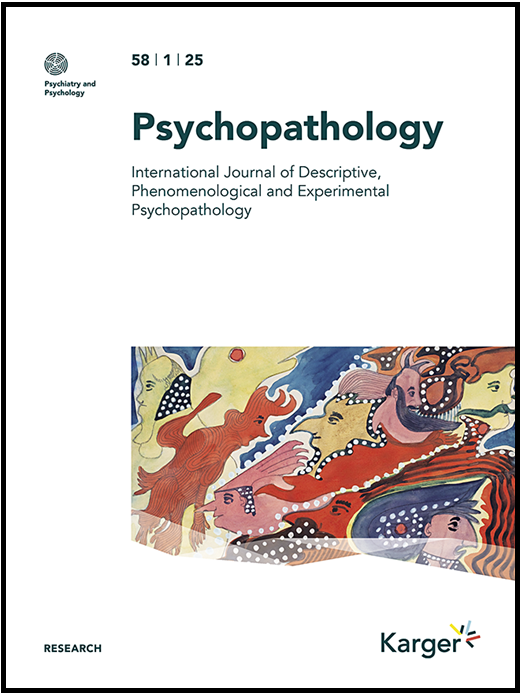
This peer-reviewed study examines the lived experiences of family members and informal caregivers of individuals with psychosis through a mixed-methods analysis of 48 first-person accounts and collaborative workshops with 18 experts by experience. The methodology combines systematic thematic analysis with stakeholder validation, providing Level 3 evidence for understanding caregiver experiences.
Key Clinical Considerations:
- Initial Shock & Preparation: Families report profound unpreparedness for psychosis diagnosis, with 82.8% of caregivers (n=159) describing inadequate mental health literacy and difficulty interpreting early warning signs.
- Healthcare System Navigation: Caregivers consistently report challenges accessing timely care, experiencing fragmented services and lack of continuity, particularly during transitions between inpatient and outpatient care.
- Communication Barriers: Families struggle with treatment persuasion and maintaining meaningful dialogue, complicated by unpredictable responses and fear of triggering symptoms.
- Isolation & Stigma Impact: Social network disruption affects both immediate and extended family relationships, with caregivers reporting progressive isolation and reluctance to disclose their situation.
- Grief & Adaptation Cycle: Caregivers experience ongoing cycles of loss and adjustment, requiring support for both acute crisis management and long-term resilience building.

HCN Medical Memo
Implementation priority should focus on establishing structured caregiver support protocols at initial diagnosis and key transition points. Services should incorporate regular caregiver needs assessments, psychoeducation about communication strategies, and facilitated peer support connections. Evidence suggests early intervention in caregiver support can improve both patient and family outcomes while reducing healthcare utilization.
More in Psychology
 PATIENT EDUCATION
PATIENT EDUCATION  OBESITY/WEIGHT MANAGEMENT
OBESITY/WEIGHT MANAGEMENT  EXERCISE/TRAINING
EXERCISE/TRAINING  LEGAL MATTERS
LEGAL MATTERS  GUIDELINES/RECOMMENDATIONS
GUIDELINES/RECOMMENDATIONS 